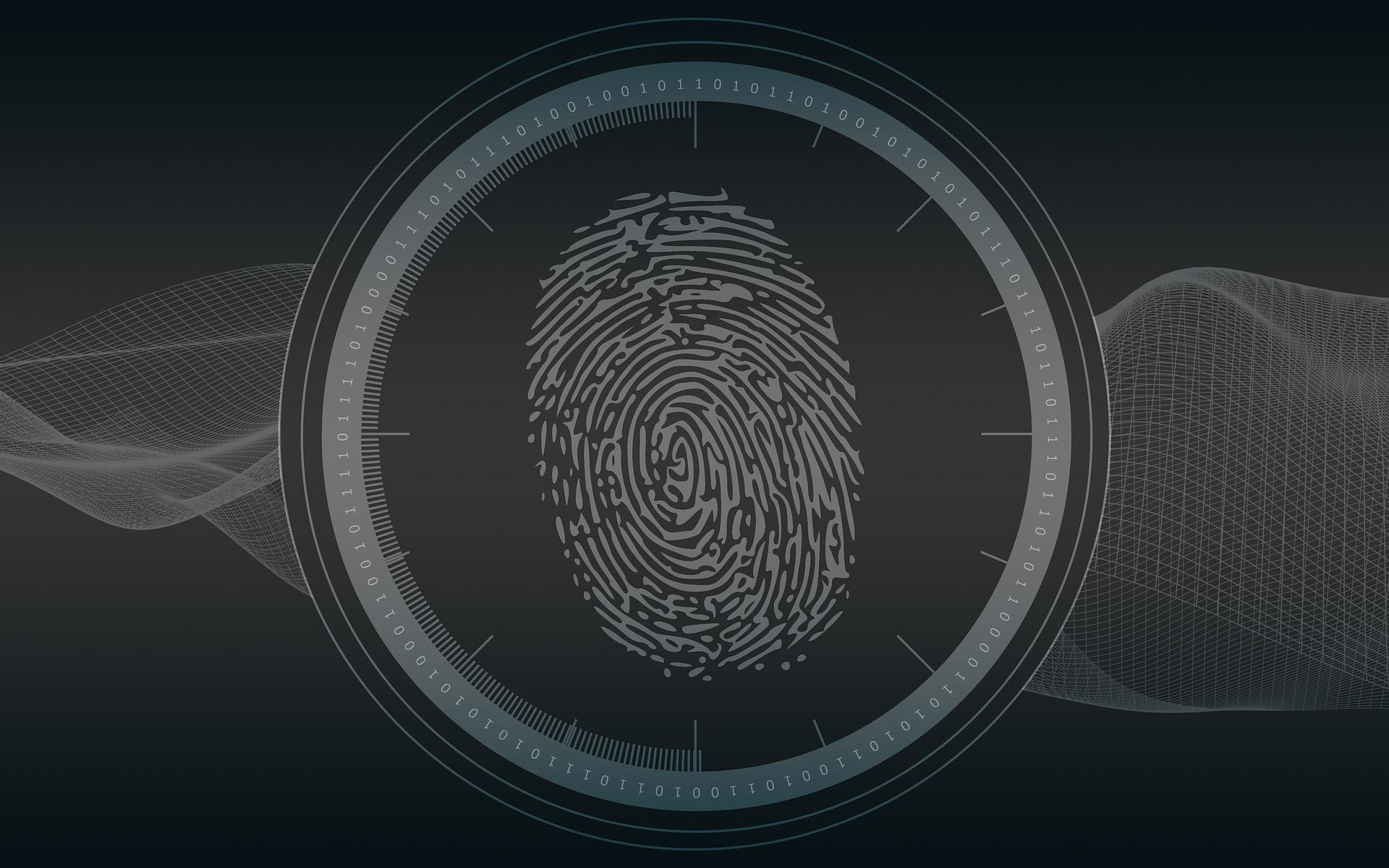22nd August 2025

FCN hosts six vibrant research groups bringing together representatives from policing, academia and the private sector to discuss: digital forensics, drugs and toxicology, DNA, ecology, marks and traces, and visual technologies. Each group shares the latest knowledge and innovation on its topic. Our latest research roundup summarises the most recent round of group meetings.
Transfer of particulate
In September we put a call out for community involvement in a major forensic Violence against Women and Girls (VAWG) project that will run until March 2024. This project, funded by the governments Defence and Security Accelerator (DASA) led by Staffordshire University supported by the FCN. This project is aimed at producing a ground-breaking technology that will allow a game-changing improvement in the evidence available in cases of violence against women and girls. Building on our proven technologies, we will generate a system for the recovery, classification, analysis, and early evaluation of trace evidence. By this approach, we aim to produce a step-change improvement in the use of such evidence. Our expectation is that this will allow improved detection, leading to enhanced deterrence and, thereby, better security of those at risk of crimes of violence against women and girls. While such crimes will be our focus, the system that we will create will be of value in the detection all crime types in which the perpetrator is physically present at the crime scene. We have received a great response from policing, forensic science practitioners and victim services, we have held one workshop to date with a further two planned with follow up interviews. If you are interested in getting involved, please get in touch with Dr Carolyn Lovell.
Mark enhancement
STAR Home Office funded research continues with a project with Sheffield Hallam University. They have led the development of Matrix Assisted Laser Desorption Ionisation Mass Spectrometry Imaging (MALDI-MSI) to detect, and map molecules contained in latent and patent fingermarks, directly onto the ridge pattern. MALDI MSI offers increased probability to visualise a fingermark due to the untargeted and multi-target nature of the technology. Transition of MALDI from TRL6 to TRL8 would provide game changer technology to ensure forensic advantage is maintained. Whilst this is a novel technology it is currently placed in the Fingerprint Visualisation Manual as a category B technique. We aim to review unidentified marks from casework though this system and also cold case review to support the transition of this technology into operational practice. (Working in collaboration with YaTH)
Fingerprint Powders
Since the last research roundup, the work completed by three Universities; the University of Portsmouth, Staffordshire University and the University of South Wales has been presented back to the group. 15 students at these Universities engaged in a review of fingerprint powder batch analysis and also reviewed the effectiveness of powders on uPVC surfaces. As over 10,000 marks were examined between the Universities, we expect some interesting findings when the data has been reviewed collectively. It is hoped that an amalgamated report will be available shortly.
Sustainable futures
The University of Portsmouth have successfully achieved funding for a PhD specifically looking at consumables, packaging in the forensic/police sector although it is recognised this goes broader into other organisations. With plastic tax and sustainability hot on the agenda this is aiming to explore use within the forensic/police environments and hope to spotlight the waste and also seek solutions working with industry. This project has now commenced, and it is great that a CSI from a local force is undertaking their PhD in this area. There are a number of phases of this project, and we will ask the researcher to present their findings as they develop.
Alternative light - supporting fingerprint enhancement
There are a number of companies that use alternative light to enhance untreated latent marks, the research group have shown interest in this technology to support the CJS as a way of using a non-destructive process to analyse evidence. We will be looking to progress this with DSTL over the next financial year.
Good news in that the Home Office is now looking at the Home Office Circulars in respect of Drug Testing, as a result of feedback received through policing in July 2021. Early evidence gathering is underway and a point of contact is available should you want to find out more. Contact us for details.
We also will be hearing from Dr C Pudney at Bath University who has been researching the detection of synthetic drugs in some innovative ways.
Blood pattern
Emma Hook from Staffordshire University provided an excellent presentation on her current research project aiming to Standardise the classification of bloodstain patterns.
Emma is keen for practitioners to provide further insight and also seeking expertise to peer review her work (to get involved please reach out to Emma: Emma.hook@research.staffs.ac.uk or get involved in the project: https://staffordshire.qualtrics.com/jfe/form/SV_ePD1jYb8zTJLWF8)
New technology
New Patents has been provided to the group to the development of DNA analysis, in particular the analysis of complex DNA mixtures containing three or more DNA profiles and of the use of synthetic carriers to assist the DNA extraction process. Further engagement to explore these have been circulated across key groups.
Visual Technology
The group continues to collate information to support the use of 3D technology. They invite demonstrations of imaging solutions in this area, which continue to be informative establishing a national platform for sharing and learning. The use of 3D models and processes continues to be the focus of this group, in particular ‘best practice methods’ with the soon to be published associated paper created in conjunction with authors Rachel M. Carew and Amber J. Collings that outlines the community benefits of the use of this technology in forensics.
We understand that you are all keen to continue to collaborate with each other and research therefore if you would like to find out more about the research groups, get in touch with Carolyn.Lovell@dorset.pnn.police.uk